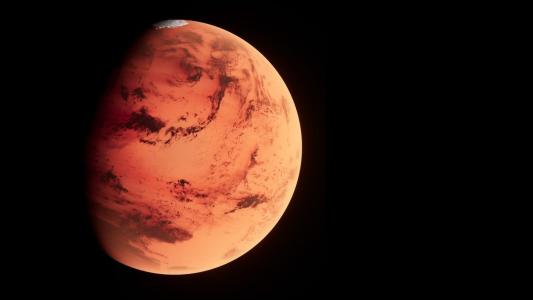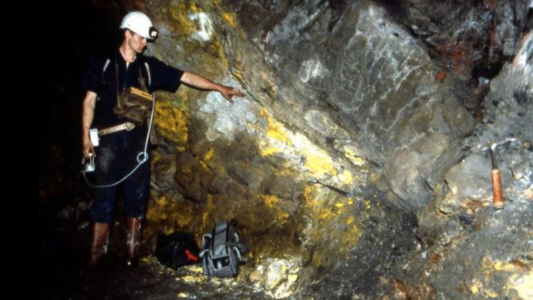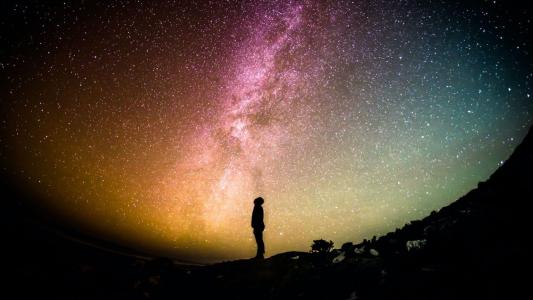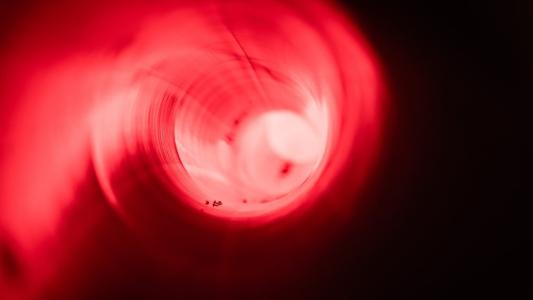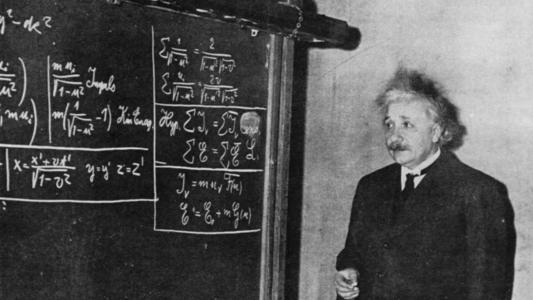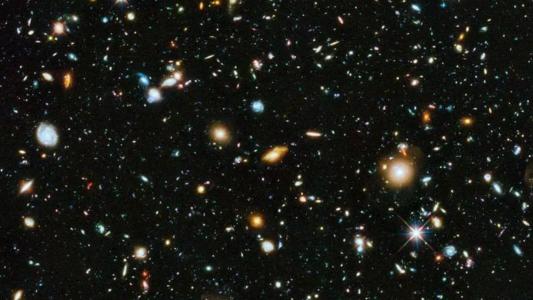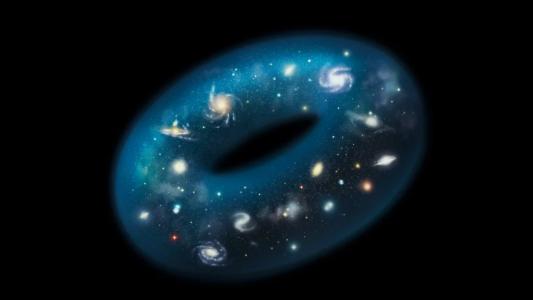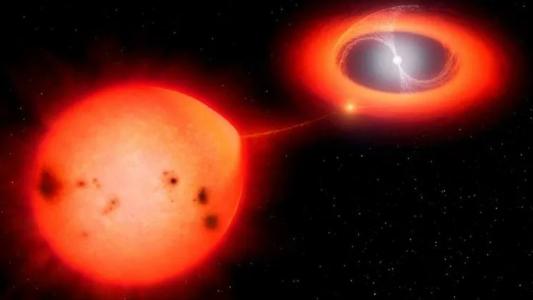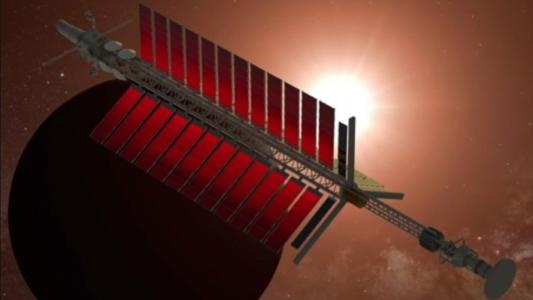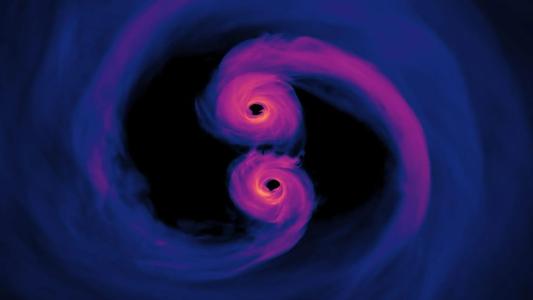Physics
A neural network discovered Copernicus’ heliocentricity on its own
Scientists trained a neural network to predict the movements of Mars and the Sun, which placed the Sun at the center of our solar system.
1.7 billion years ago, Earth had a natural nuclear reactor
Seventeen natural sites possessing ancient nuclear reactions have now been found: evidence of Earth's first nuclear reactor.
This logarithmic view of the Universe will blow your mind
From here to the limits of what we can see, here's a breathtaking illustrated logarithmic view of the Universe.
What are wormholes? An astrophysicist explains
A wormhole is like a tunnel between two distant points in our universe that cuts the travel time from one point to the other.
The true meaning of Einstein’s most famous equation: E=mc²
Although most people can name Einstein's most famous equation, E = mc², very few people can explain what it means.
There are more galaxies in the Universe than even Carl Sagan ever imagined
There are between 6 and 20 trillion galaxies out there. Carl Sagan's "billions and billions" was far too low of a guess.
The Universe is flat. Here’s what that teaches us.
When we measure it, we find that our Universe really is flat. Here's what we can learn from that, and why it matters so much.
A new nova disappeared faster than ever, and an even bigger cosmic catastrophe is coming
Today, the fastest-ever nova to fall off has been discovered, and even faster ones may be out there. What comes next?
NASA-funded scientist says “MEGA drive” could enable interstellar travel
The mega drive might provide enough thrust for a spacecraft to travel near the speed of light using only electricity, says one physicist.
Black hole mergers obey the laws of thermodynamics
An analysis of the gravitational wave data from black hole mergers show that the event horizon area, and entropy, always increases.
